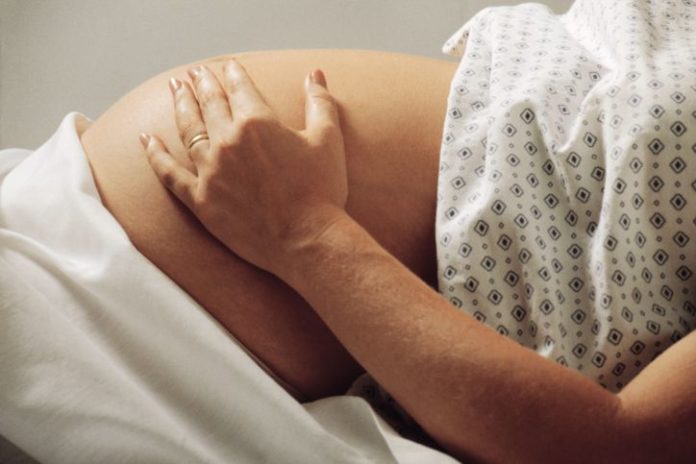In vitro fertilization (IVF) is associated with an increased risk of pulmonary embolism (blockage of the main artery of the lung) and venous thromboembolism (blood clots) during the first trimester of pregnancy.
IVF has been used since 1978 for the 10% of couples worldwide affected by infertility. Approximately five million individuals have so far been born after IVF.
It is well known that the risk of blood clots is increased during normal pregnancy, affecting around one in 1000 in the early 1990s.
Blood clots have been reported in more IVF pregnancies than normal pregnancies, but so far there is no information on the risk of artery blockage following IVF, which is important since this is a leading cause of maternal deaths.
Researchers from the Karolinska Institute in Sweden therefore compared the risk of both pulmonary embolism (PE) and venous thromboembolism (VTE) in women undergoing an IVF pregnancy (23,498) and women undergoing normal pregnancy (116,960). Women were matched for age and time period (births between 1990 and 2008). The women had an average age of 33 for both groups.
The proportion of IVF women who were diagnosed with VTE was 4.2 in 1000 compared with 2.5 in 1000 of the unexposed women. Risk was increased during the first trimester (1.5 in exposed and 0.3 in unexposed). There was no difference in risk prior to pregnancy or during the year after delivery.
Researchers identified 19 women with PE in the IVF group (0.08%) compared with 70 women in the unexposed group (0.05%). The risk of PE in the IVF women was increased during the whole pregnancy and particularly in the first trimester.
Absolute risks for PE were low however with 2-3 additional cases per 10,000 IVF women. However, the researchers say that PE is a difficult condition to diagnose and still represents a leading cause of maternal death and so these findings are important to physicians.
Results were not affected when adjustments were made for: maternal age, calendar years of delivery, BMI, parity, smoking, country of birth, family situation and education.
The researchers conclude that there is an increased risk of blood clots and importantly an increased risk of artery blockage in pregnancy after IVF. They say all physicians should be aware of these results as it is a potentially fatal condition and recommend that “efforts should focus on the identification of women at risk”.
Source: BMJ Group











